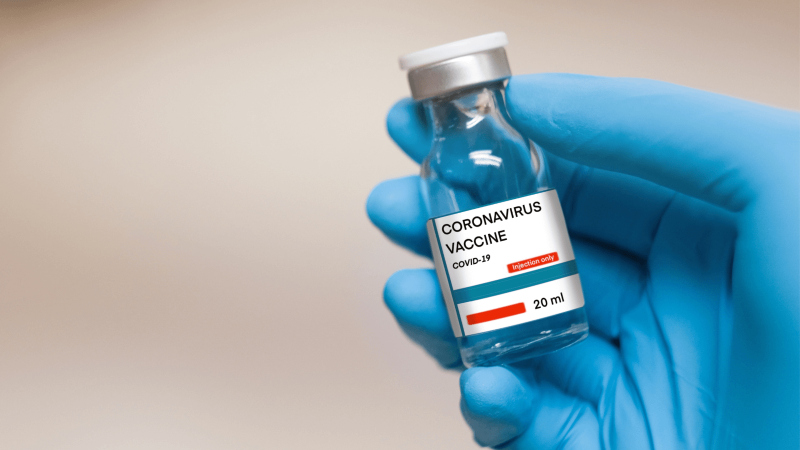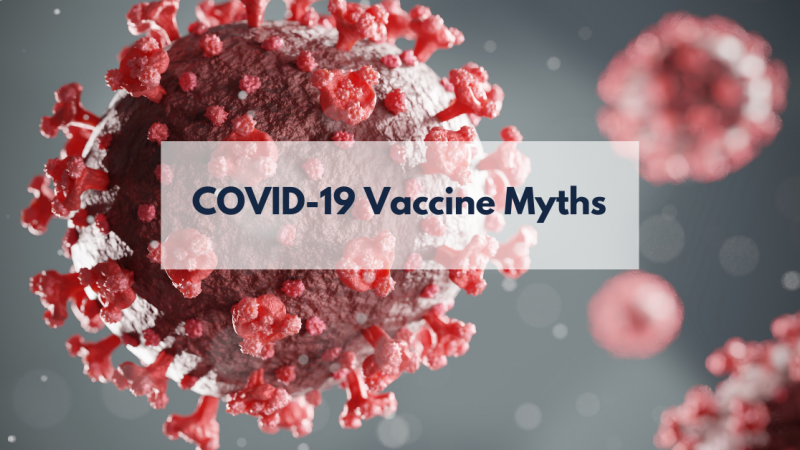Remdesivir trials show it is effective against coronaviruses in macaques, bats, cats and now in humans.
Developed by Gilead, remdesivir (GS-5734™) is a broad-spectrum antiviral drug which has now been approved by the FDA for short-term treatment of severe cases of COVID-19.
Remdesivir was tested in worldwide clinical trials which looked at the impact of the drug on 1,063 people at multiple sites around the world, comparing the effect of the drug on patients with that on a control group. The US National Institute of Allergy and Infectious Diseases (NIAID) reported that remdesivir cut the duration of symptoms from 15 days down to 11.
Approval of this treatment for use in the USA is good news, as it is the first effective treatment identified for the COVID-19 virus and appears to relieve the severity of symptoms in patients. Hopes that remdesivir would improve survival rates in seriously ill patients are not supported by evidence so far, as the trial results did not show a significant impact on survival, though further trials are ongoing.
Remdesivir was initially developed as an anti-viral drug treatment for Ebola, but was ineffective as a treatment in humans, although the drug appeared to be safe. In February 2020 an NIH study showed remdesivir to be effective against the Middle East respiratory syndrome coronavirus (MERS-CoV) in rhesus macaques during a challenge study, which indicated that it could provide a likely treatment for COVID-19. Remdesivir has previously demonstrated activity against several coronaviruses as well as Ebola and Marberg viruses in both mice and non-human primates, while further laboratory studies have also shown that it is active against cat and bat coronaviruses.
Despite initial anecdotal accounts of remdesivir relieving symptoms and reducing fatalities in severely ill patients with COVID-19, and great hopes for the drug from within the scientific community, initial trial results were criticised for being underpowered, lacking robust control data and for some of the processes followed during the very rapid clinical trials. Gilead, who developed remdesivir, also warn of possible side effects as there has been no time to fully assess the new treatment in the large numbers of people needed to develop a full side-effect profile.
Full results of the clinical trail are yet to be released, and so far remdesivir has only been approved as a treatment in the USA, though other health regulatory authorities are expected to review the data on this treatment soon.
Articles
Wang, Y., et al., (2020), Remdesivir in adults with severe COVID-19: a randomised, double-blind, placebo-controlled, multicentre trial, The Lancet: DOI: https://doi.org/10.1016/S0140-6736(20)31022-9
De Wit, E., et al. (2020) Prophylactic and therapeutic remdesivir (GS-5734) treatment in the rhesus macaque model of MERS-CoV infection. PNAS DOI: doi/10.1073/pnas.1922083117.
Last edited: 29 July 2022 10:59




